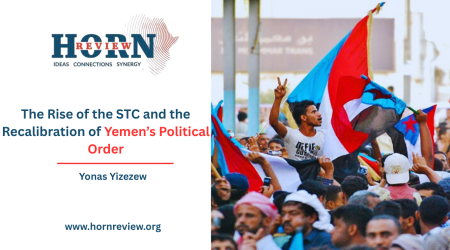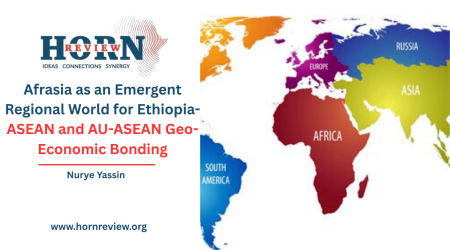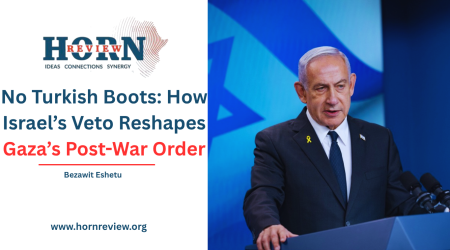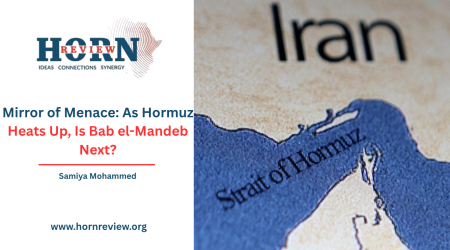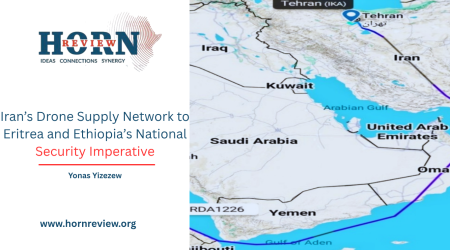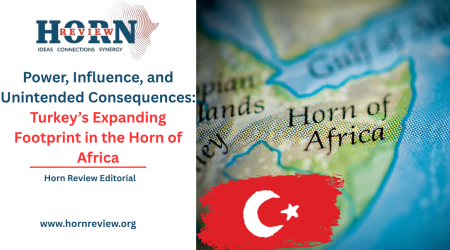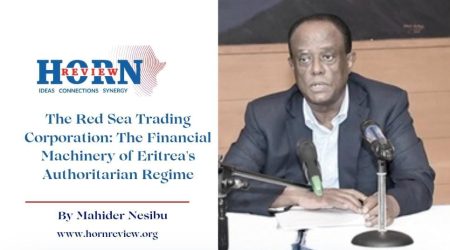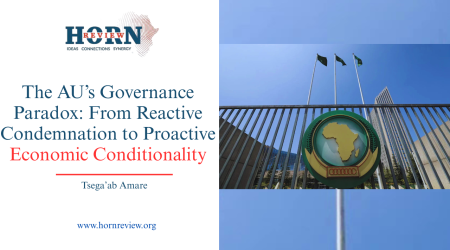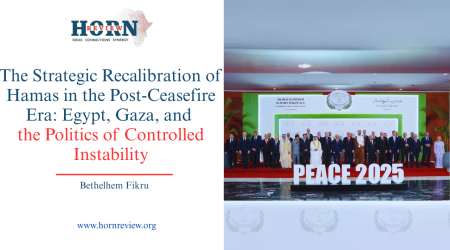
1
May
Rhythms of Rebellion: Unveiling the Patterns Behind the ECOWAS Rift
How Burkina Faso, Mali, and Niger Redrew the Lines of West African Integration?
Since its establishment in 1975, the Economic Community of West African States (ECOWAS) has long symbolized a vision of regional unity, economic cooperation, and shared political stability in West Africa. By promoting a unified trade bloc, free movement of people and goods, and democratic governance, ECOWAS sought to foster collective self-reliance and sustained development across its member states. Over time, it also emerged as a key actor in peacekeeping and conflict resolution, deploying mediation efforts and, at times, military interventions to restore constitutional order.
Yet, in January 2025, ECOWAS confronted an unprecedented challenge when three of its Sahelian members Burkina Faso, Mali, and Niger formalized their withdrawal. This coordinated exit not only marked the first collective departure in the organization’s fifty-year history but also exposed profound fissures within West Africa’s integration architecture.
ECOWAS was launched with the twin goals of economic integration and social progress. Early initiatives included the promotion of intra-regional trade, tariff reductions, and the establishment of protocols for harmonized agricultural and industrial development. Beyond commerce, ECOWAS ingrained democratic norms into its charter, insisting on constitutional governance as a prerequisite for membership benefits. Throughout the 1980s and 1990s, ECOWAS navigated coups and civil wars, most notably in Liberia and Sierra Leone, through diplomatic engagements and, eventually, military peacekeeping missions under the ECOWAS Monitoring Group (ECOMOG). These interventions solidified its reputation as both an economic and security union, intent on fostering stability across a historically volatile region.
The decision by Burkina Faso, Mali, and Niger to leave ECOWAS was propelled by intersecting political grievances. First and foremost was the accusation that the bloc had succumbed to external influences, particularly from former colonial powers, thereby betraying its pan-African foundations. The three countries, all governed by military juntas following recent coups, argued that ECOWAS no longer represented their interests or those of their populations. Instead, they portrayed the organization as an instrument of neo-colonial agendas, asserting that its policy priorities and sanctions regimes were dictated by Western capitals rather than West African needs.
A pivotal point of contention centered on ECOWAS’s steadfast opposition to unconstitutional changes of government. In response to the coups in Bamako, Ouagadougou, and Niamey, ECOWAS imposed sanctions, suspended the three nations from decision-making bodies, and, notably in Niger’s case, threatened military intervention unless civilian rule was reinstated swiftly. The juntas denounced these measures as disproportionate and “inhumane,” arguing that they penalized ordinary citizens rather than political leaders. This clash over democratic timelines and the bloc’s insistence on rapid transitions struck at the heart of divergent conceptions of sovereignty, legitimacy, and security.
Simultaneously, the Sahel-region governments criticized ECOWAS for failing to curb the tide of terrorism and insurgency afflicting their territories. Despite regional patrols and joint task forces, jihadist groups continued to expand, exploiting porous borders and weak state presence. The juntas maintained that ECOWAS’s security apparatus was ill-equipped and under-resourced to contend with these existential threats. Consequently, they asserted the necessity of “self-help” or alternative alliances better matched to their strategic and logistical demands. With security issues laid bare, attention now shifts to the historic and contemporary ties with former colonial powers and how they fuelled anti-Western sentiment.
Historically, Burkina Faso, Mali, and Niger had cultivated close ties with France and, to a lesser extent, the United States. Post-independence cooperation spanned military training, development aid, and cultural exchange. Yet, in recent years, mounting public frustration with the perceived ineffectiveness of Western counterterrorism missions, and skepticism about the motives behind foreign troop deployments, fueled anti-French and anti-Western sentiment. The juntas tapped into these currents, framing their coups and subsequent realignments as emancipation from neo-colonial influence. By expelling French forces, demanding the exit of French ambassadors, and in Niger’s instance terminating U.S. military agreements, they signaled a decisive break with traditional partners.
In the void left by Western disengagement, Russia swiftly positioned itself as an alternative security guarantor and economic partner. Through state actors and private military companies, most notably the Wagner Group (now rebranded as the Africa Corps), Moscow provided arms, training, and advisory support. Beyond defense, these Sahelian governments offered access to gold, uranium, and other natural resources in exchange for Russian investment and technology transfers. High-level memoranda, such as Burkina Faso’s nuclear cooperation agreement with Rosatom, underscored a willingness to embrace Moscow’s vision of a multipolar world order and to leverage anti-neo-colonial rhetoric to solidify domestic legitimacy.
Following their ECOWAS exit, Burkina Faso, Mali, and Niger cemented their collaboration through the Alliance of Sahel States (AES). Initially conceived as a mutual defense pact, the AES aims to synchronize military operations, intelligence sharing, and border controls to stem the jihadist insurgency. Economically, the AES has introduced 0.5% import levies targeting former ECOWAS partners to foster self-sufficiency but has yet to finalize plans for a “regional investment bank” or “stabilization fund,” which remain speculative. Concurrently, the juntas have postponed democratic handovers, with transition timelines stretched as far out as 2029 in Burkina Faso and Niger, and similarly protracted plans in Mali. These extensions raise questions about the genuineness of their commitment to civilian rule and the potential entrenchment of military authority.
The withdrawal from ECOWAS portends severe economic repercussions. Landlocked and reliant on coastal corridors for trade, the three Sahel states face risks of tariff reinstatements, disrupted supply chains, and diminished foreign direct investment. Coastal ECOWAS members may suffer trade shortfalls, while the departing states could experience rising commodity prices and logistical bottlenecks. However, ECOWAS has urged member states to maintain free movement and trade privileges for citizens of Burkina Faso, Mali, and Niger, contradicting claims of “suspended free-movement privileges.” On the social front, citizens retain access to cross-border commerce, though the loss of ECOWAS’s Community Court of Justice undermines regional recourse for human rights violations. Beyond economic fallout, there are strategic ramifications for regional unity and counterterrorism frameworks.
Strategically, the fragmentation of West African unity undermines collective counterterrorism efforts and border security frameworks. Armed groups may exploit the institutional rift to expand safe havens and trafficking networks. ECOWAS, weakened by the departure of nearly half its Sahelian members, confronts diminished financial contributions and bargaining clout. The African Union must also contend with a blow to continental integration aspirations.
The coordinated exit of Burkina Faso, Mali, and Niger from ECOWAS marks a watershed moment in West African history. Driven by a complex interplay of sovereignty claims, security imperatives, and anti-colonial sentiment, this rupture underscores deep dissatisfaction with prevailing regional architectures.
The concomitant pivot towards Russia and the formation of the Alliance of Sahel States signal that these nations are charting an alternative path, one they believe better serves their strategic interests. Yet, the long-term viability of this new order remains uncertain. Success will hinge on the AES’s ability to deliver security gains, economic resilience, and credible political transitions. For ECOWAS and the wider international community, the challenge now is to engage adaptively, seeking pathways to reconcile regional unity with the legitimate aspirations of every member state.
Tsega’ab Amare,Researcher, Horn Review

